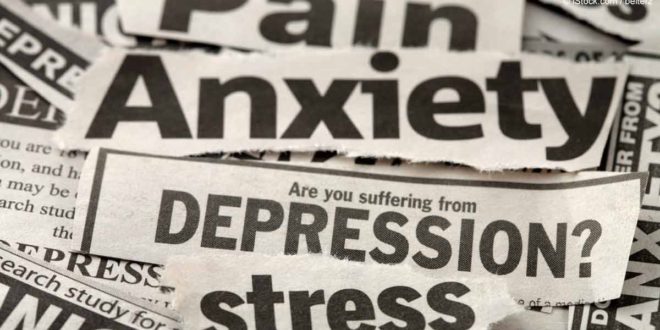Now you may have heard of the benefits of cryotherapy for increasing energy, pain relief, increases of metabolism, help speed up injury healing ………. The list goes on. But what if we told you recent studies have reported cryotherapy can help to treat depression and anxiety, without side-effects.
Mental health problems are one of the main causes of overall disease burden worldwide with anxiety and depression as the two most common mental disorders affecting millions of people across the globe (Mental Health Foundation., 2019). Medical management for both anxiety disorders and depression includes cognitive behavioural therapy (CBT), a variety of medications and other complementary and alternative remedies (Mind., 2013).
In 2000 a preliminary report was released revealing that whole body cryotherapy induced relaxation, mood elevation, memory enhancement, improvement in vigour, a decrease in tension and fatigue and a boost in energy levels (Rymaszewska et al., 2000). Research in to the effects of whole-body cryotherapy on depression have continued to progress. A 2008 study published in the Archives of Immunology and Experimental Therapy found cryotherapy to be an effective short term-adjunct treatment for depression, mood and anxiety disorders. This study reported a 50% decrease in depression symptoms in over half the group who received cryotherapy (Rymaszewska et al., 2008) who claimed that they had improved quality of life as a result of the cryotherapy treatment.
Science has shown that whole body cryotherapy initiates physiological reactions in the body resulting in analgesic, anti-swelling, hormonal, immune and circulatory system reactions. There is an increase in the body metabolism and the concentrations of adrenaline, nor-adrenaline and endorphins in the blood (Rymaszewska et al., 2008). At present the reasons behind how cryotherapy can improve symptoms in depression and anxiety are not clearly understood, however it suggested that the benefits are related to the influence on the hypothalamic-pituitary axis (HPA) and the increased release of endorphins by the body when exposed to extremely low temperatures (Rymaszewska et al., 2008).
So, if you are currently experiencing depression or anxiety and would like to try cryotherapy to complement your therapy as a natural holistic style treatment, discuss with your healthcare practitioner whether they think cryotherapy is appropriate for you and then come and give it a try.
Please note: if you are currently taking medication for anxiety or depression, please do not stop taking this. Speak with your doctor before making any changes to your treatment plan.
References
Mental Health Foundation. (2019). Mental Health Statistics UK and Worldwide. Retrieved from: http://www.mentalhealth.org.uk/statistics/mental-health-statistics-uk-and-worldwide (last accessed 30th January 2019).
Mind. (2013). Drugs and treatments. Retrieved from: http://www.mind.org.uk/information-support/drugs-and-treatments/ (last accessed 30th January 2019).
A resource for alcohol detox and stopping drinking during the COVID-19 pandemic
Rymaszewska, J., Biały, D., Zagrobelny, Z. and Kiejna, A. (2000). The influence of whole body cryotherapy on mental health. Psychiatria polska, 34(4), pp.649-653.
Rymaszewska, J., Ramsey, D. and Chładzińska-Kiejna, S. (2008). Whole-body cryotherapy as adjunct treatment of depressive and anxiety disorders. Archivum immunologiae et therapiae experimentalis, 56(1), pp.63-68.





